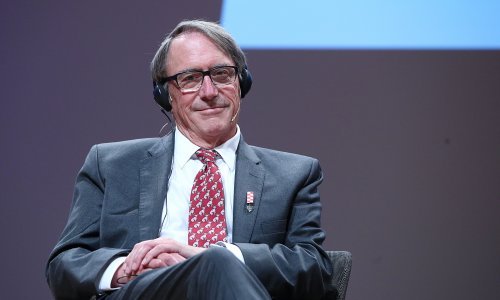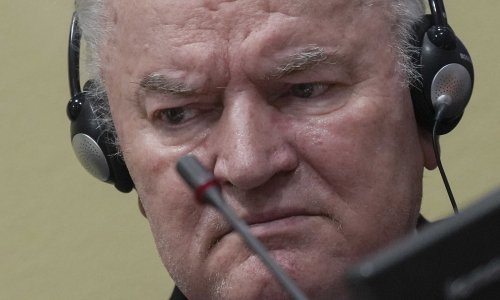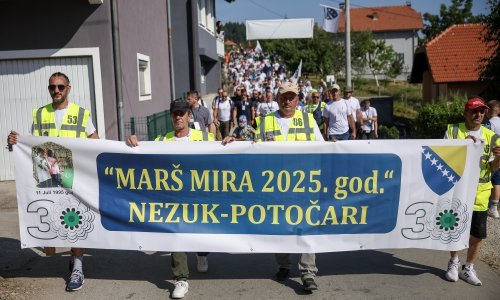The chief prosecutor of the International Criminal Tribunal for the former Yugoslavia (ICTY), Serge Brammertz, said in his address to the UN Security Council on Wednesday that Croatia was appropriately dealing with the reduced number of requests from his office for assistance, however, he expressed concern over statements by high-level Croatian officials.
"With no ongoing trials involving Croatian accused persons, the Prosecutor’s Office is making far fewer requests for assistance to the Croatian authorities, and the limited requests that were made were adequately dealt with by the authorities," reads a press release on the UN Security Council website.
"However, Mr. Brammertz expressed concern over statements by high-level Croatian authorities that question the validity of the ICTY’s work, including officials at the highest level continuing to glorify illegal war-time conduct and questioning the impartiality of the court’s judgements."
On Wednesday, Brammertz informed the Security Council about the cooperation of countries in the region with the Office of the Prosecutor of the Hague-based UN tribunal.
He also criticised Croatia's legislation that declared null and void indictments for war crimes issued by Serbia against Croatian nationals.
Brammertz recalled that earlier this year, the last two remaining fugitives wanted by the tribunal -- wartime Bosnian Serb leader Ratko Mladic and former Croatian Serb rebel leader Goran Hadzic -- had been arrested.
"The arrests mean that no individual has ultimately escaped the ICTY’s reach and the final impediment to completing our mandate has been removed," Brammertz was quoted as saying.
"The arrests also mean that an important and problematic chapter in Serbia’s cooperation with the ICTY has been closed, even if it took too long and redress for the victims was much too delayed," he said, adding that the Office of the Prosecutor wanted to see the results of an investigation as to how it was possible for the fugitives to have evaded justice for so many years.
The ICTY president, Judge Theodor Meron, also addressed the UN Security Council, proposing measures to accelerate the tribunal's work so that the remaining trials could be completed by the end of 2014.
Currently trials of 35 people are under way before the tribunal.




































